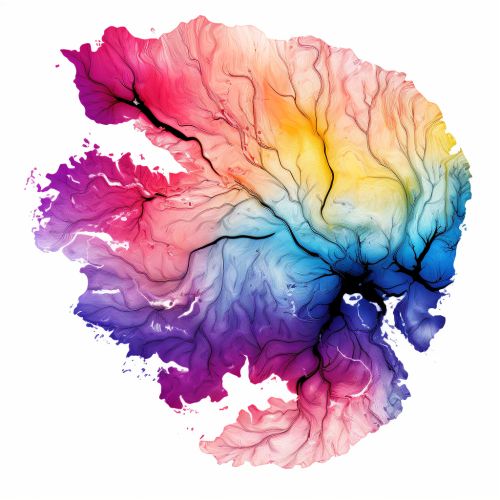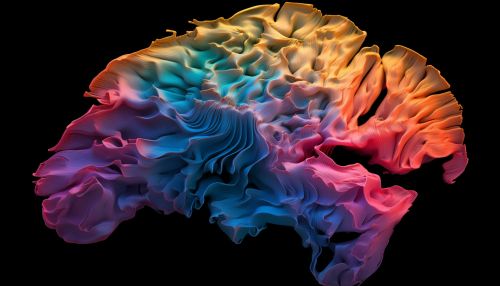Cognitive Neuroscience of Cognitive and Emotional Intelligence
Introduction
Cognitive neuroscience is a branch of neuroscience that studies the biological processes that underpin cognitive functions. The focus of cognitive neuroscience is the neural connections within the brain which coordinate mental activities. The term was coined by George Armitage Miller and Michael Gazzaniga towards the end of the 20th century. Cognitive neuroscience overlaps with cognitive psychology, and focuses on the neural substrates of mental processes and their behavioral manifestations.
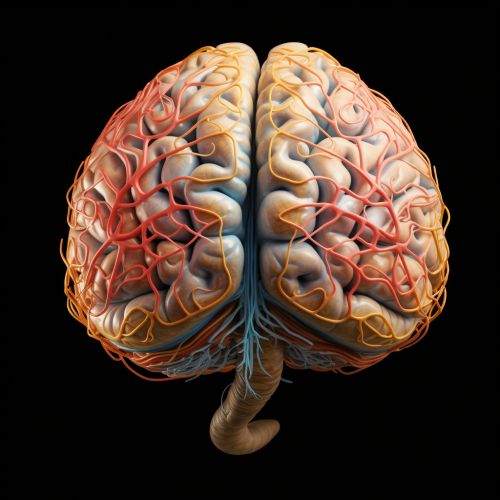
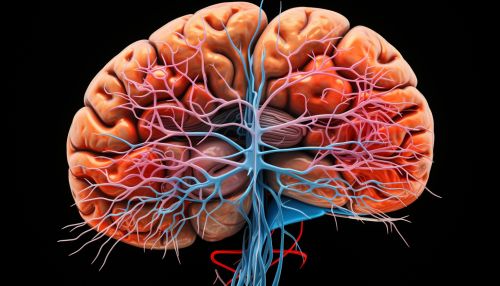
Cognitive Intelligence
Cognitive intelligence, often referred to as general intelligence, involves abilities to reason, plan, solve problems, think abstractly, comprehend complex ideas, learn quickly and learn from experience. It is not merely book learning, a narrow academic skill, or test-taking smarts. Rather, it reflects a broader and deeper capability for comprehending our surroundings—“catching on,” “making sense” of things, or “figuring out” what to do.
Cognitive Neuroscience of Cognitive Intelligence
Cognitive neuroscience has provided a wealth of knowledge about the neural mechanisms underlying cognitive intelligence. Research has shown that cognitive intelligence is associated with the efficiency and interconnectivity of certain brain networks, particularly those involved in attention and working memory. For example, neuroimaging studies have revealed that individuals with higher cognitive intelligence tend to have greater activation in the dorsolateral prefrontal cortex, a region involved in working memory and executive functions.
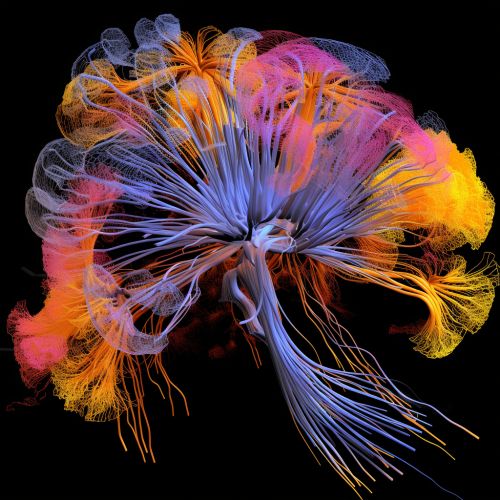
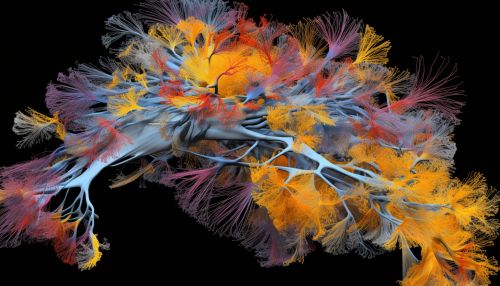
Emotional Intelligence
Emotional intelligence refers to the ability to identify and manage one's own emotions, as well as the emotions of others. Emotional intelligence is generally said to include at least three skills: emotional awareness, or the ability to identify and name one's own emotions; the ability to harness those emotions and apply them to tasks like thinking and problem solving; and the ability to manage emotions, which includes both regulating one's own emotions when necessary and helping others to do the same.
Cognitive Neuroscience of Emotional Intelligence
The cognitive neuroscience of emotional intelligence is a rapidly growing field. Neuroimaging studies have shown that emotional intelligence is associated with activity in several brain regions, including the anterior cingulate cortex (involved in emotion regulation), the orbitofrontal cortex (involved in reward processing), and the amygdala (involved in emotion recognition). Furthermore, individuals with higher emotional intelligence tend to have greater connectivity between these regions, suggesting that emotional intelligence involves the integration of information across multiple brain networks.
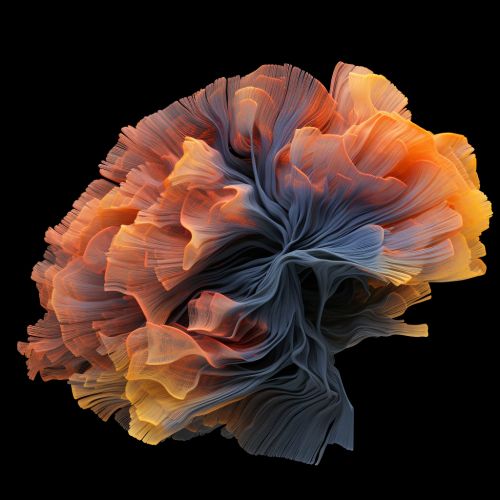
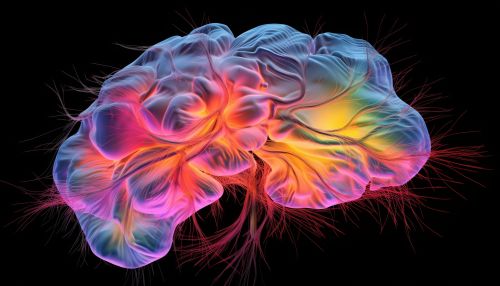
Relationship between Cognitive and Emotional Intelligence
Cognitive and emotional intelligence are distinct constructs, but they are also interrelated. Both types of intelligence involve processing information and adapting to the environment. However, while cognitive intelligence involves reasoning and problem-solving abilities, emotional intelligence involves the ability to perceive, use, understand, and manage emotions. Research has shown that individuals with high cognitive intelligence tend to have high emotional intelligence, but this is not always the case. It is possible to be cognitively intelligent but emotionally unintelligent, and vice versa.
Cognitive Neuroscience of the Relationship between Cognitive and Emotional Intelligence
The cognitive neuroscience of the relationship between cognitive and emotional intelligence is a burgeoning field of research. Neuroimaging studies have shown that both types of intelligence involve similar brain networks, including the prefrontal cortex (involved in executive functions) and the anterior cingulate cortex (involved in emotion regulation). However, cognitive intelligence is more strongly associated with the dorsolateral prefrontal cortex, while emotional intelligence is more strongly associated with the ventromedial prefrontal cortex. This suggests that while there is overlap in the neural substrates of cognitive and emotional intelligence, there are also distinct differences.
